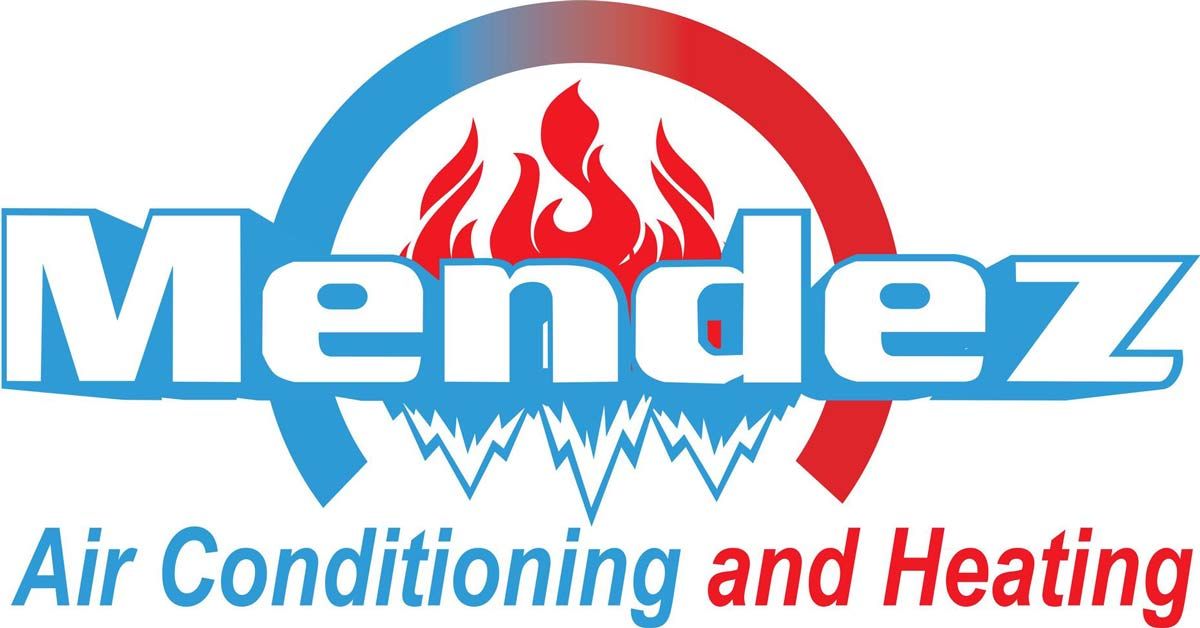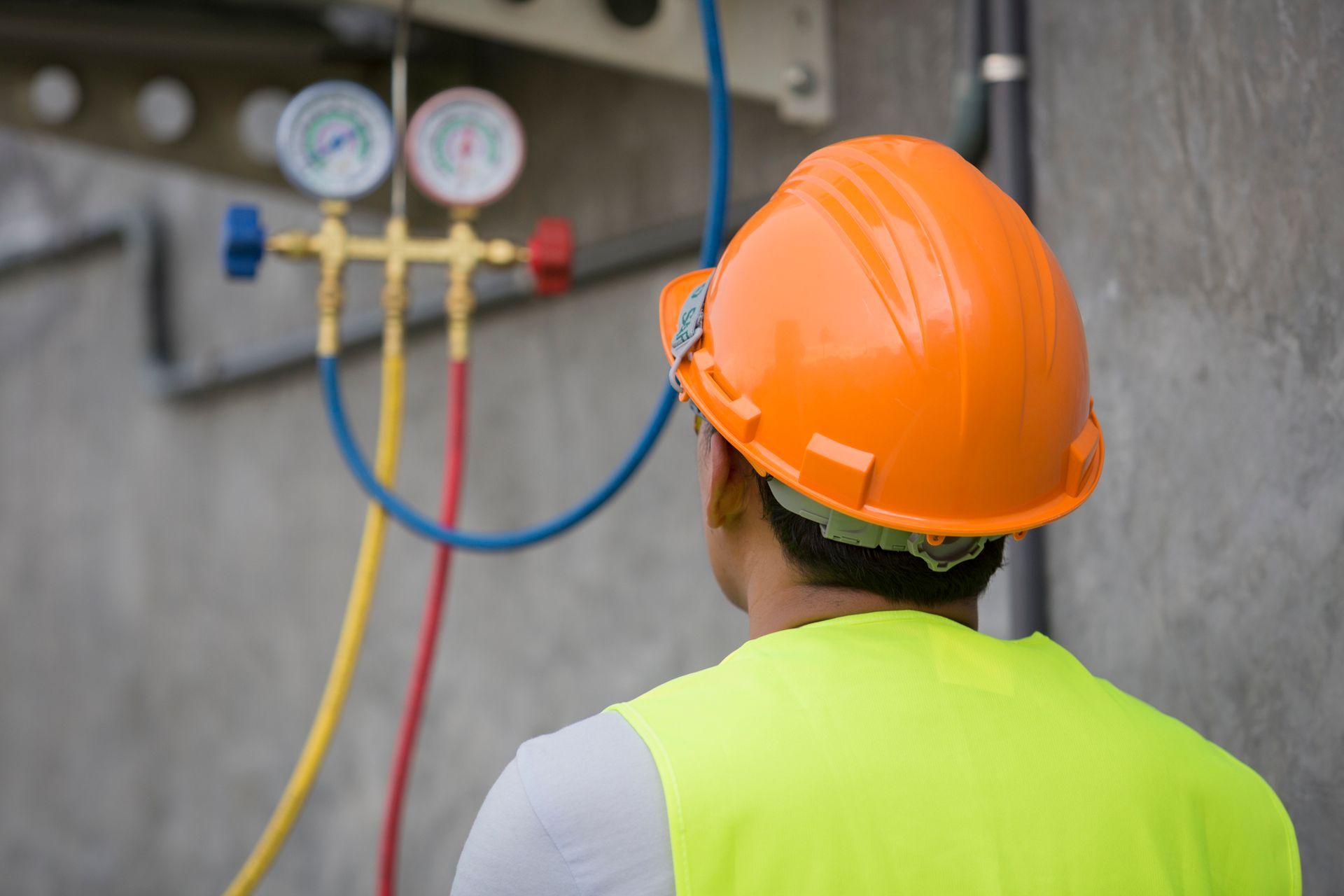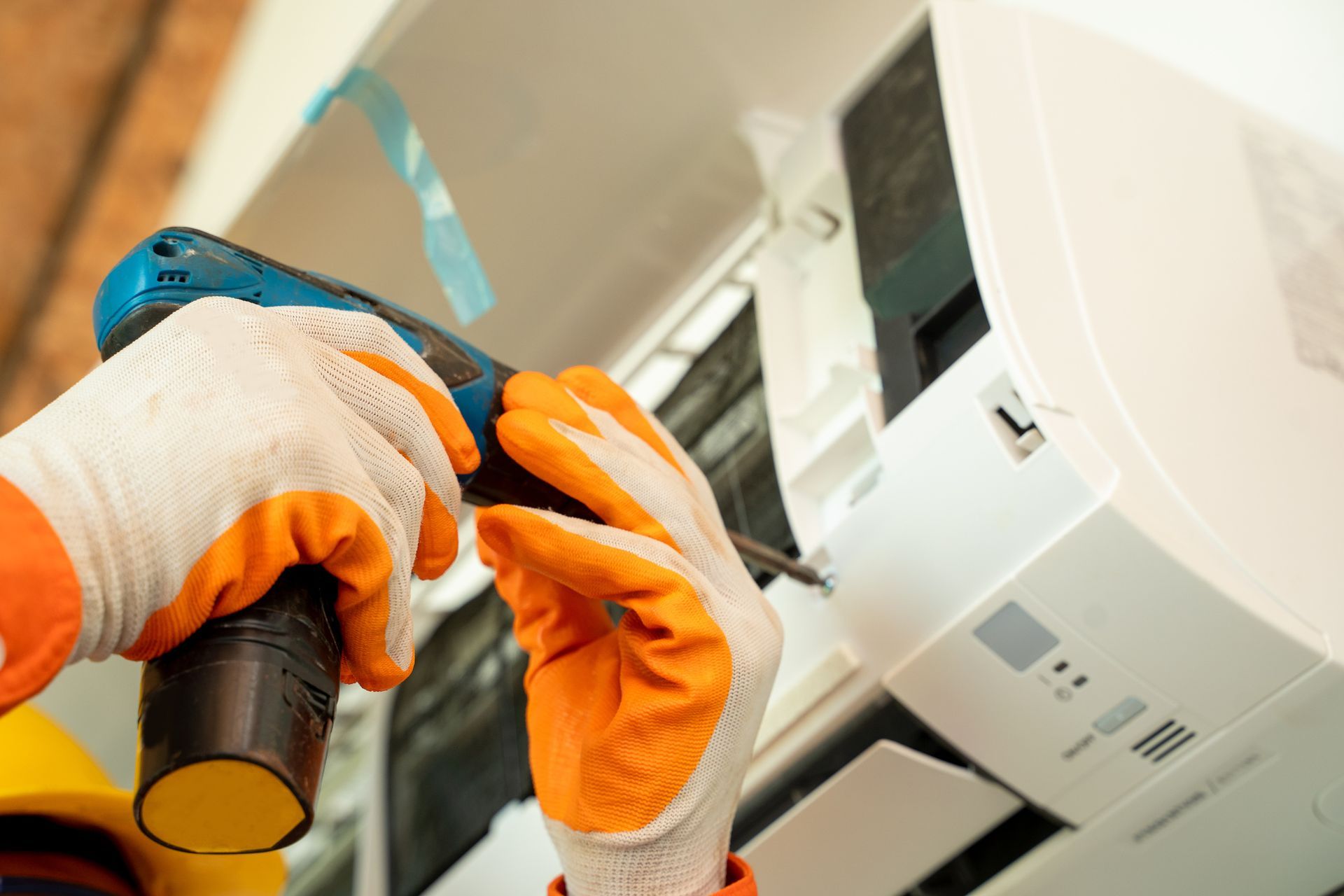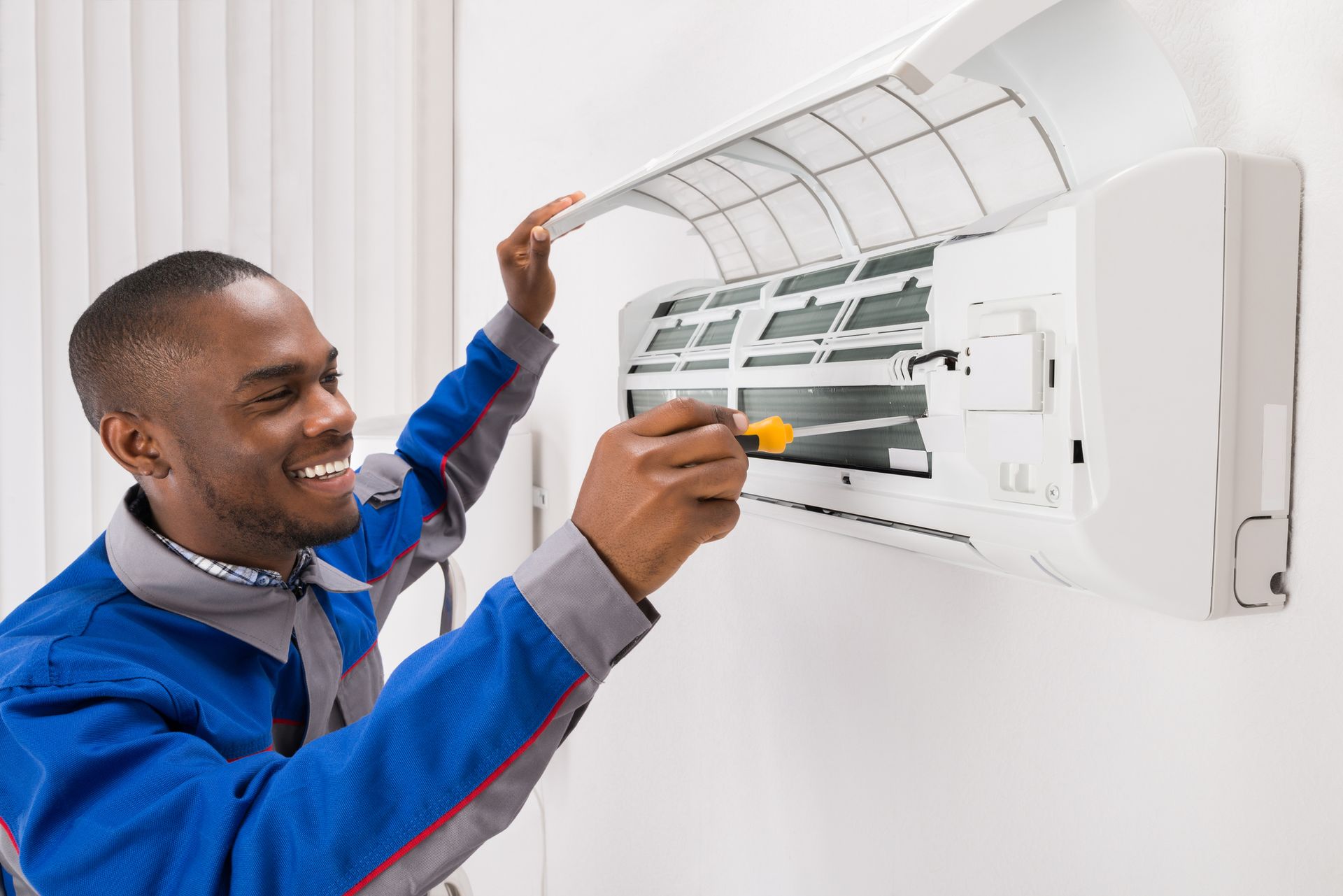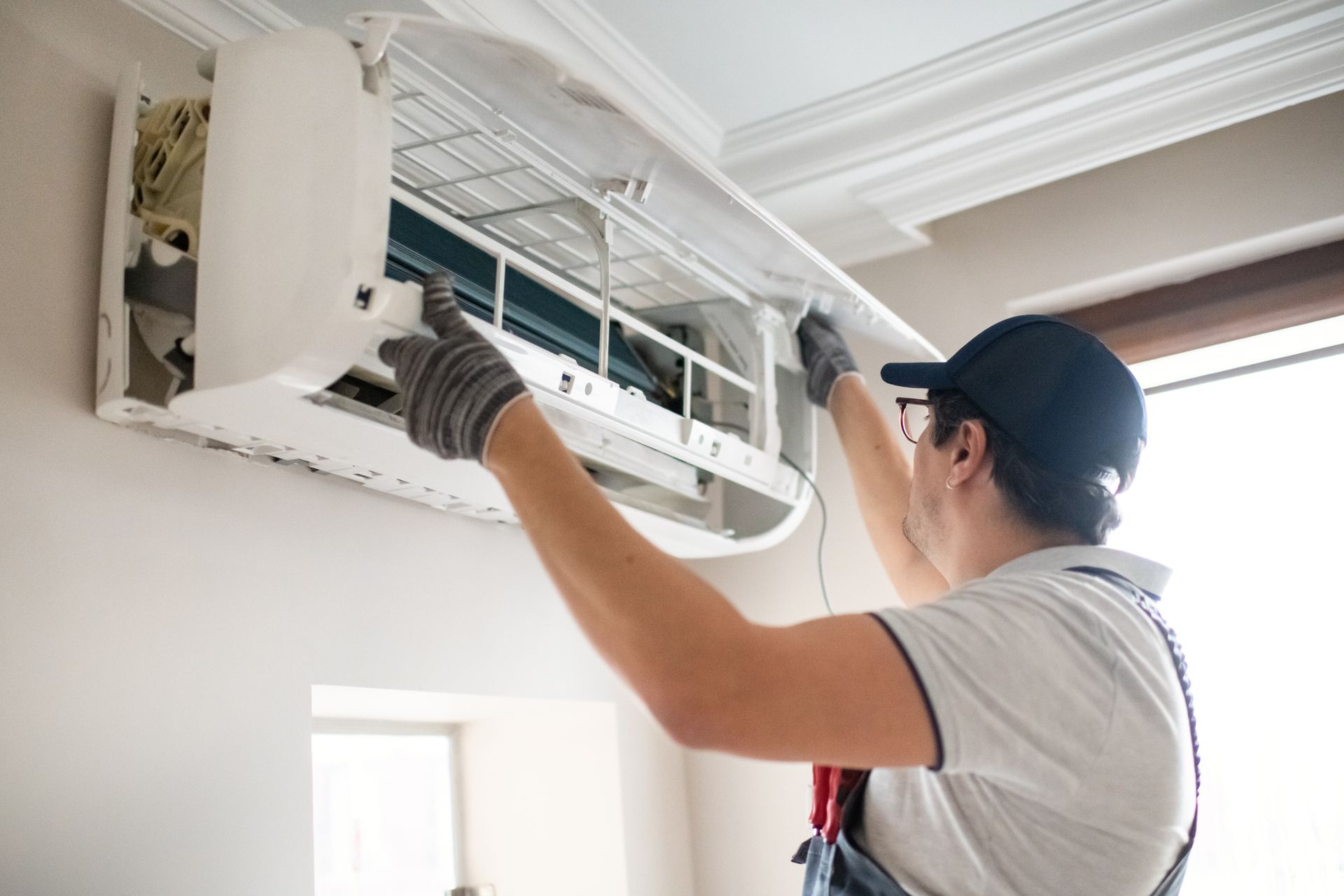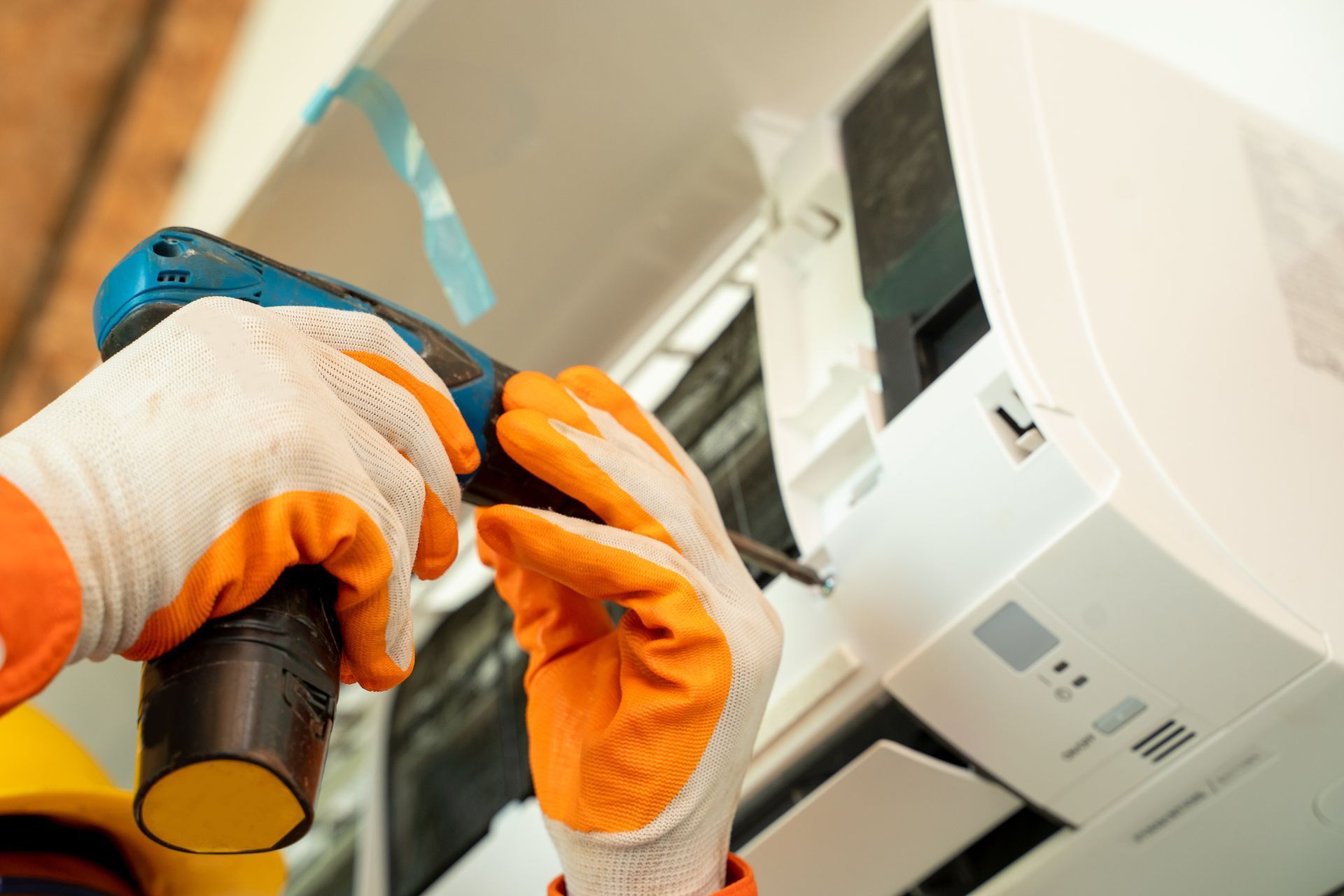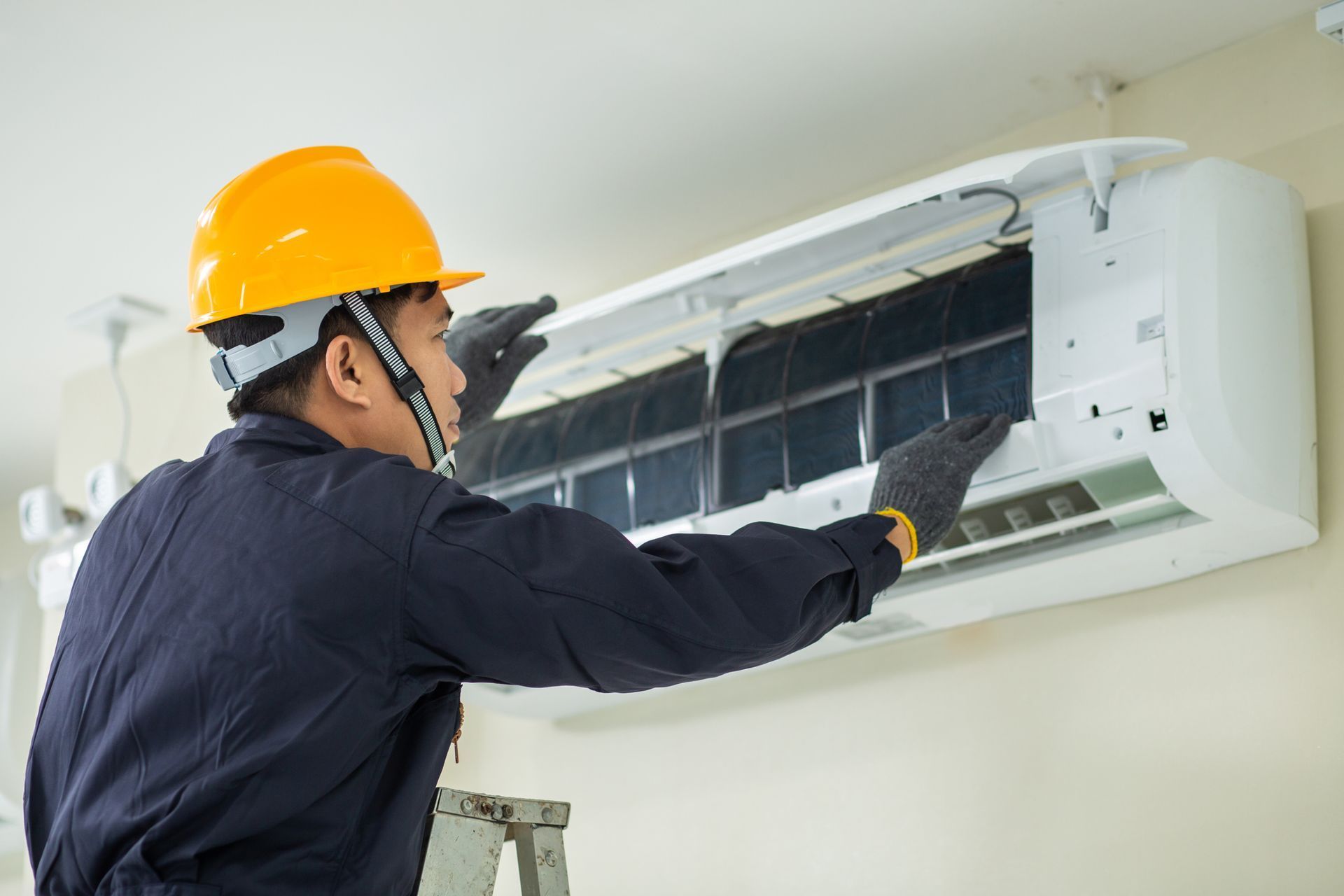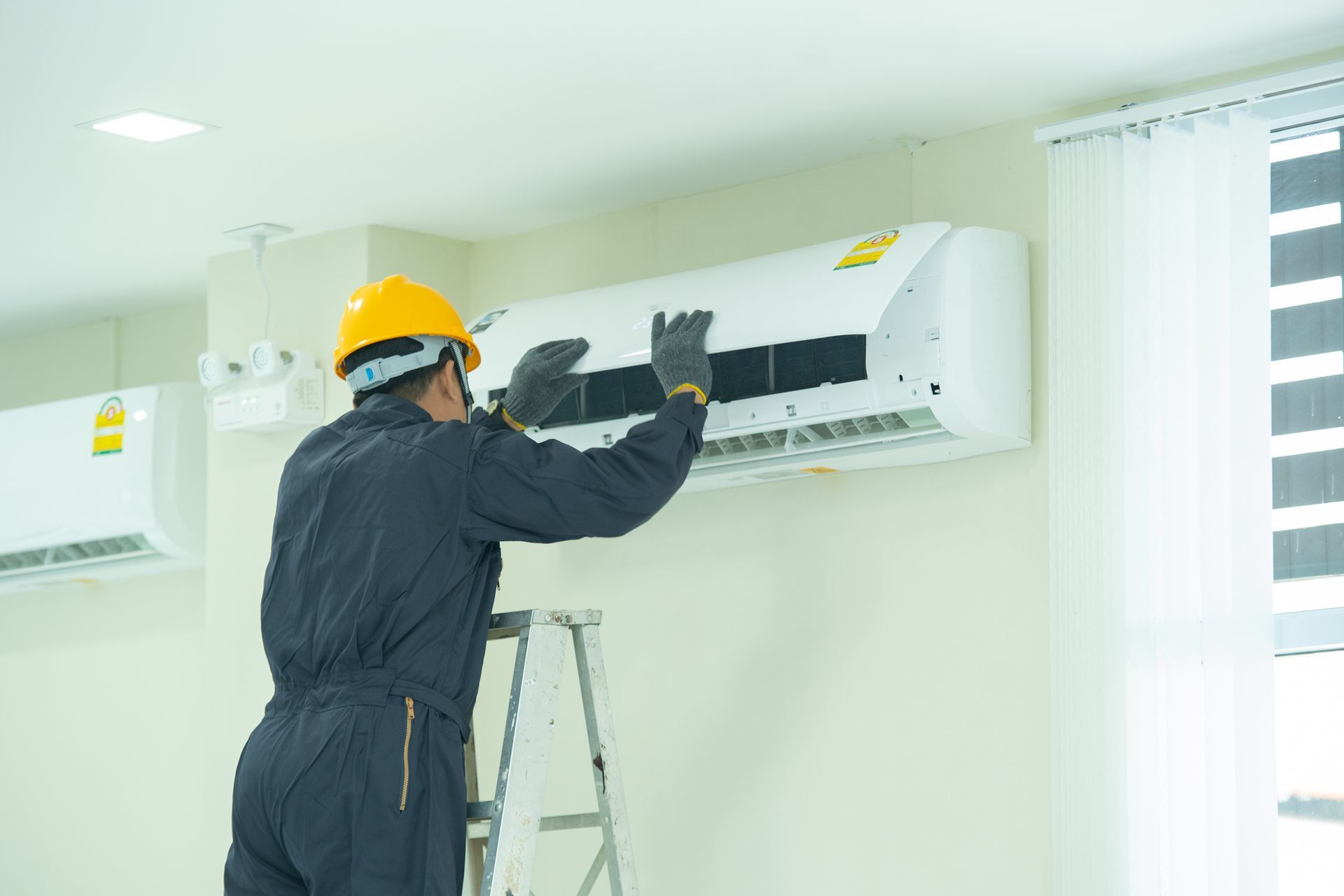Factors To Consider When Installing a Business HVAC System
January 4, 2024
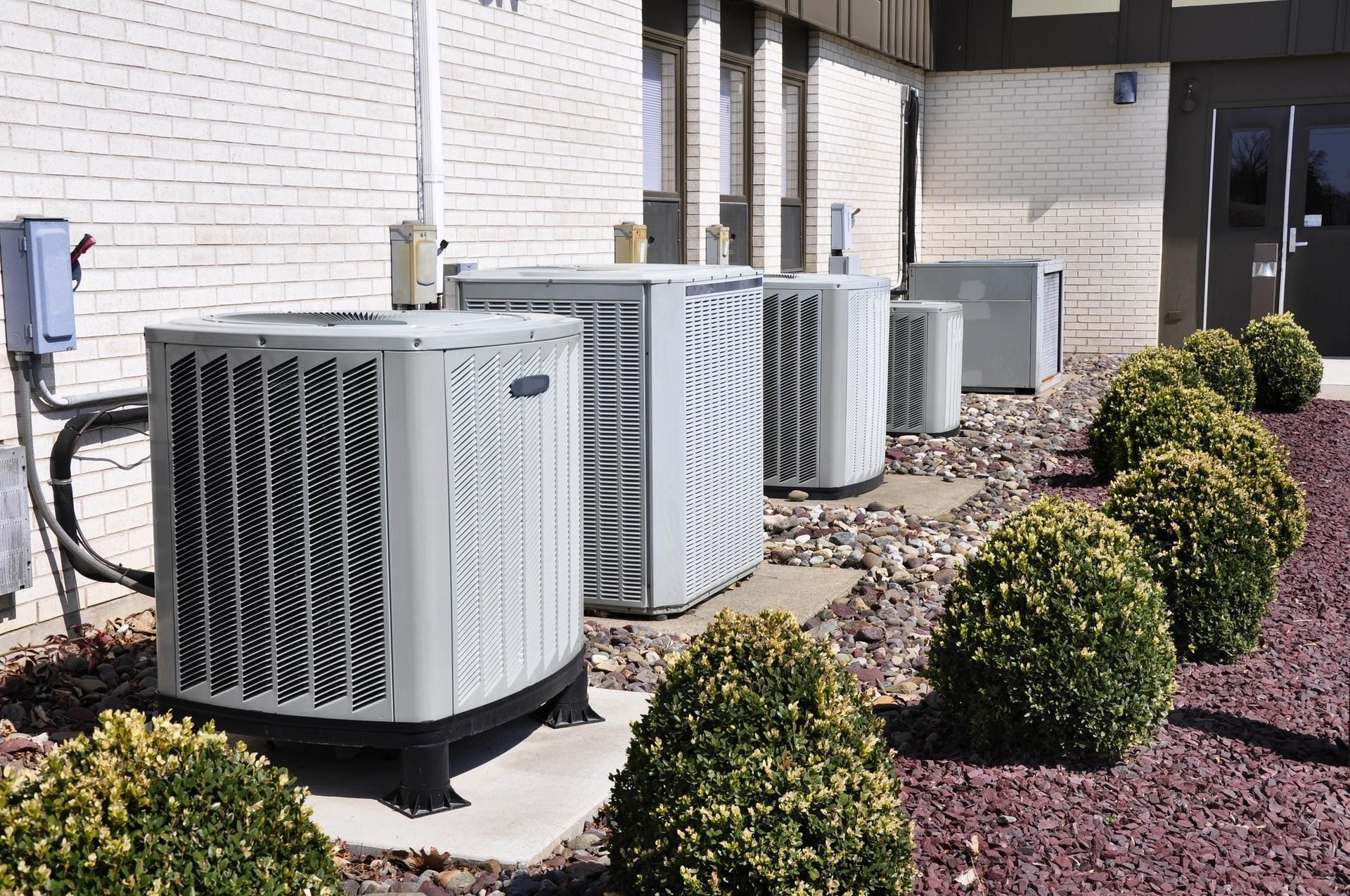
An efficient HVAC system is a gem for your business. The right system will make your clients and employees comfortable and improve productivity without costing much money. Below are some factors to consider when installing a commercial HVAC system.
Zoning
Technicians can design your HVAC system to provide independent heating and cooling to different zones, areas, or rooms. Zoning is crucial if your building has different rooms with varied heating and cooling requirements. Zoning is also crucial for workers with different temperature preferences. Consider a big building with a storage area, partitioned offices, and a kitchen. During winter, the kitchen might require less heating than the office areas because kitchen operations generate some heat. HVAC zoning allows you to heat all these rooms independently to keep everyone safe and comfortable without wasting energy. Components of HVAC zoning include:- Multiple temperature sensors in the different zones
- Multiple thermostats for independent temperature control
- Zone dampers to control airflow to each area
Placement
Commercial HVAC placement is a big deal for several reasons. For one, commercial buildings cost more per square footage than residential buildings. Thus, you do not want the HVAC system to take up too much valuable space. Secondly, you want the system to be out of the way so it doesn't detract or obstruct your employees, but you also want it to be accessible for maintenance and repair. Don't forget that service technicians might charge you a premium for inaccessible systems. A rooftop HVAC system, which goes on the roof, solves many of these problems. Maintenance technicians can go about their duties without interrupting your business operations. The installation location also means the system's noise doesn't affect the workers.Future Plans
Your building's features affect the HVAC's sizing and design. The building's square footage, ceiling height, number of doors, and layout determine the interior air volume and movement, determining heating and cooling needs. As such, any building alteration calls for modified heating and cooling. However, you cannot swap HVAC systems whenever your heating and cooling needs change. A better alternative is to install a modular HVAC system. Modular systems are scalable and flexible; you can remove or add some modules depending on your HVAC needs. Say your business is doing well, and you want to extend one side of the building. A modular HVAC allows for increased heating and cooling capacity without entire system replacement.ROI
HVAC systems have many bells and whistles that improve comfort, convenience, and ease of use. Examples include:- Occupancy sensors
- Thermostats that learn and automate your heating and cooling needs
- Sensors that monitor and diagnose system health
Interruptions
Lastly, consider how your HVAC system will affect neighboring tenants on installation day and in the long run. Explore some tips to limit the disruption to your neighbors:- Schedule installation on a slow day.
- Inform your neighbors to expect some installation noises.
- Inform the neighbors about the unusual use of accessways and elevators, for example, for carting equipment to the rooftop.
- Book relevant services or spaces, like parking spaces, if necessary.


